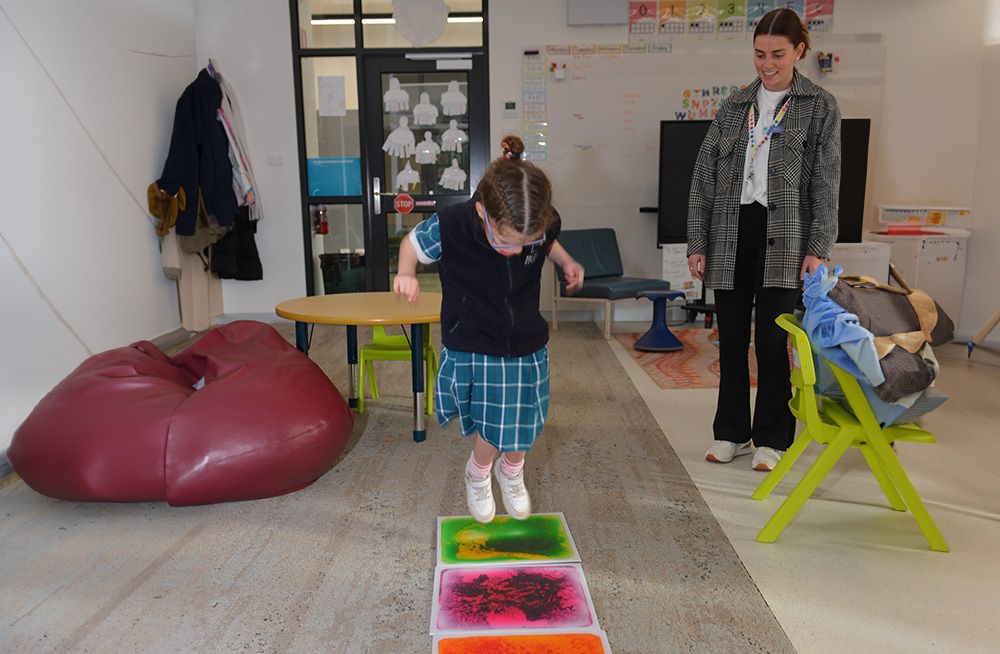Early Years
Our school's mission is "Achieving Personal Success Together."

The Early Years is made up of the Prep, Grade One & Two classes. Students in Early Years use the Victorian Early Years Learning and Development Framework (VEYLDF) and structured play based programs to facilitate student development of core skills such as personal hygiene, feeding, toileting and developing social and play skills.
The Early Years classes have an emphasis on educators, parents and the school community collectively designing a program that meets the individual needs of our students to ensure their continual development. They use the indoor and outdoor learning areas to create physical and social environments that expose children to learning experiences and physical activity.
In the beginning stages of the Early Years, there is a strong emphasis on beginning to build relationships with educators and peers, establishing new school routines and determining classroom expectations. With this, students have the opportunity to mix across the Early Years cohort to build relationships with unfamiliar educators and peers while focusing on the explicit teaching to suit the needs of individual student’s.
The Victorian Early Years Learning and Development Framework (VEYLDF):
The VEYLDF curriculum is where the Individual Education Plans, planning, assessments and reporting are driven from for classes in the Early Years. The VEYLDF adopts a comprehensive holistic approach to learning and development for children aged birth – 8 years. Educators within the Early Years hold equal importance on the academic, social and personal development of all students, ensuring that the teaching and learning is targeted to these areas.
The VEYLDF has structured 5 Learning Outcomes that enables Early Years educators to design learning opportunities to extend children’s knowledge and capabilities. The 5 Outcomes ensure a direct continuation of teaching and learning of the VEYLDF within the Early Years and onto the Victorian Curriculum Level A-10 used within the Junior School. These are:
- Identity - explores who people are, what shapes their interests and how they come to view the people and events around them.
- Community - includes the student’s connectedness with the different ways of belonging to groups to help them to learn ways of being, reflecting on the values and traditions of their families and community.
- Wellbeing - students develop basic motor skills and continue on to develop complex sensory, motor and cognitive systems used to negotiate during play.
- Learning - enables students to acquire knowledge and skills that form the foundations for future development and achievement through learning how to learn and developing dispositions for learning.
- Communication - students using gestures, visual and pre-verbal cues, sounds, speech, language and assisted communication in forming relationships.